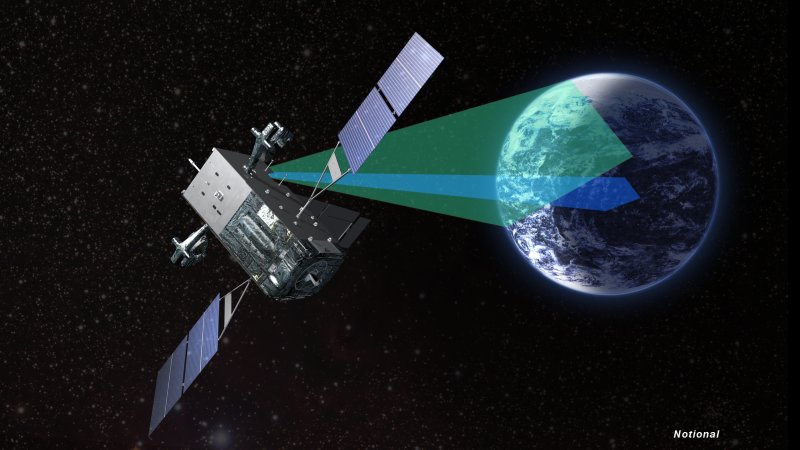The United States is launching a new space arms-control initiative, as a Russian official accuses a U.S. radar of being behind the failure of Russia’s Mars probe.
U.S. Secretary of State Hillary Clinton is expected to announce the initiative later on Tuesday, the Washington Times reported.
The plan will draw on a 2008 European Union draft code of conduct for space, an unnamed administration official told the paper.
“The United States has decided to enter into formal consultations and negotiations with the European Union and other spacefaring nations to develop an International Code of Conduct,” the official said.
“We believe the European Union’s draft Code of Conduct is a solid foundation for future negotiations on reaching a consensus international code,” the official said, adding negotiations to sign the code may stretch well into next year.
In 2008, Washington rejected an international treaty proposed by Russia and China to ban the use of weapons in outer space.
Last week, Ellen Tauscher, the State Department’s top official on arms control, said the United States rejected the EU draft because it was “too restrictive.”
John R. Bolton, a former US. ambassador to the United Nations, dismissed the initiative as “mindless.”
“The last thing the United States needs is a space code of conduct,” he told the Washington Times in e-mailed comments. “The ideology of arms control has already failed in the Russian ‘reset’ policy, and it is sure to fail here as well.”
Russia’s space agency Roscosmos declined to comment.
Earlier on Tuesday, Kommersant daily quoted an unnamed Russian space official as saying that the country’s failed Mars probe, Phobos-Grunt, which crashed into the Pacific Ocean on Sunday, may have been disabled by “emissions” from a U.S. radar.
The official added, however, that this would have happened inadvertently.
In a newspaper interview on January 10, Roscosmos chief Vladimir Popovkin suggested “outside interference” may be to blame for a recent run of space failures.
“I don’t want to accuse anyone, but today there are powerful means to affect the trajectory of spacecraft, and we cannot rule out that they have been deployed,” he told Izvestia daily.










